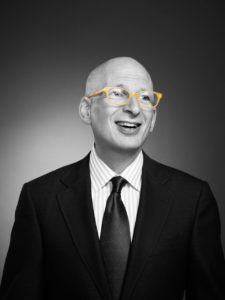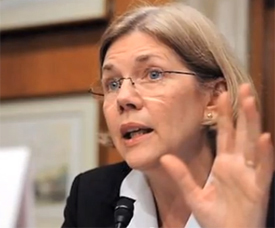To Know DT’s REAL Beliefs, Watch His Actions
Buried in the registration form for the first post-lockdown rally to re-elect you-know-who:

So typical of the hypocrite-in-chief. The man who first denounced the virus as a hoax, then fueled anti-Asian racism, and most recently caused a quantity of precious test kit swabs to be thrown away because he refused to put on a mask to tour the plant. The man whose bungling of our public emergency started with the dismantling of long-standing resources to fight pandemics and continued through the unnecessary deaths of tens of thousands of Americans.
(Aside: the cowards who ran the factory let him come in anyway. They should have said, “No mask? Then no tour.” Perhaps they were afraid of being ridiculed in a nasty tweet. Or of losing a federal contract. The former, which was quite likely, would put them in a prestigious club of people and organizations important enough to be publicly scorned by the country’s most incompetent president. The latter would have been a juicy lawsuit, and meanwhile, New England’s governors would have been falling all over themselves to grab those suddenly available supplies.)
The man who also refused to take the necessary actions months ago that would have contained the virus impact, as countries from Vietnam to New Zealand did, along with countries more comparable to the US, like Germany and South Korea.
Say one thing, do another is a hallmark of this man. That Tulsa rally is an example. Yes, we see his occasional (and usually, too-little, too-late) condemnation of racism. But we also see this event scheduled on Juneteenth, in Tulsa, Oklahoma. Tulsa had been the site of the most successful black neighborhood in the United States, until white racist mobs burned it down and killed hundreds of people on May 31 and June 1, 1921. And of course, we now the long history of his racist actions and comments, going all the way back to his vendetta against the Central Park Five and the housing discrimination he and his father were repeatedly sued over by the US Justice Department.
If it were either Juneteenth or Tulsa, it could conceivably have been a coincidence. But to have the kick-off event for the revived in-person re-election campaign held on that day, in that city, could not be a coincidence. It’s a dog-whistle to the racists, no doubt schemed up by one of DT’s senior advisors (I don’t think the man himself is educated enough to know about Tulsa, and it wouldn’t shock me if he hadn’t known what Juneteenth is.)







![Surveillance cameras. Photo by Pawe? Zdziarski [CC BY-SA 3.0 (http://creativecommons.org/licenses/by-sa/3.0/)]](https://greenandprofitable.com/wp-content/uploads/2019/11/1024px-Surveillance_video_cameras_Gdynia-Wikipedia-300x225.jpg)
